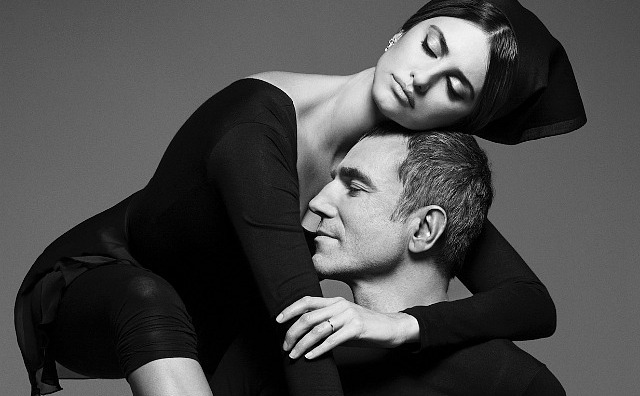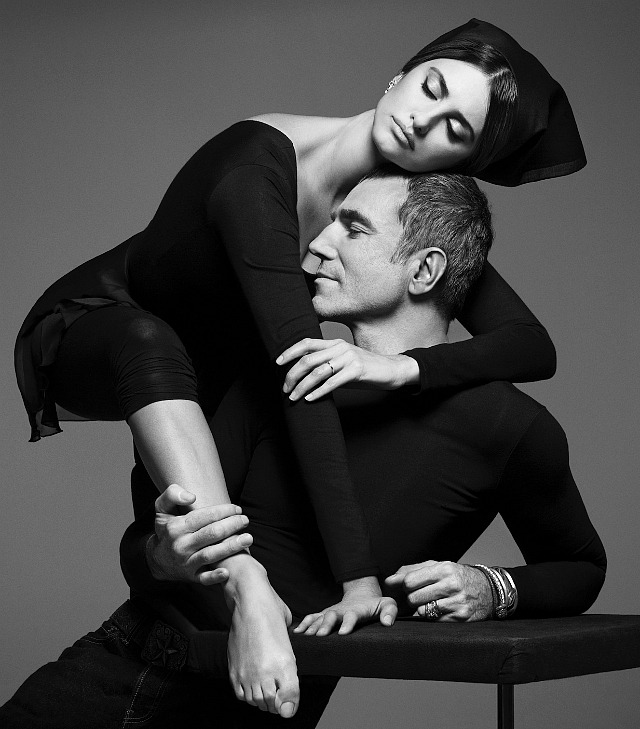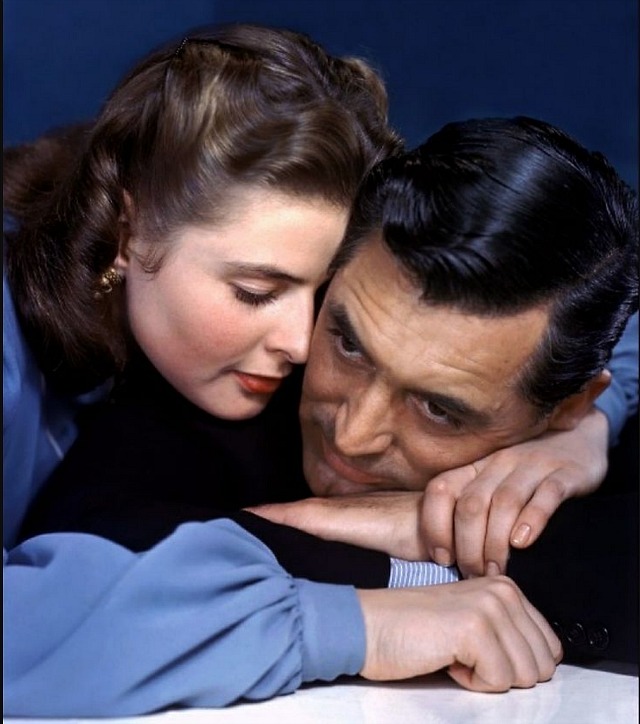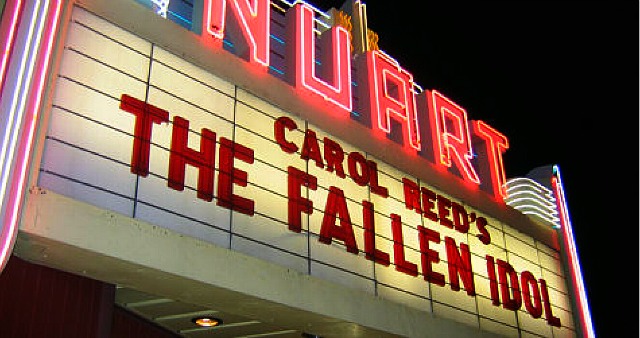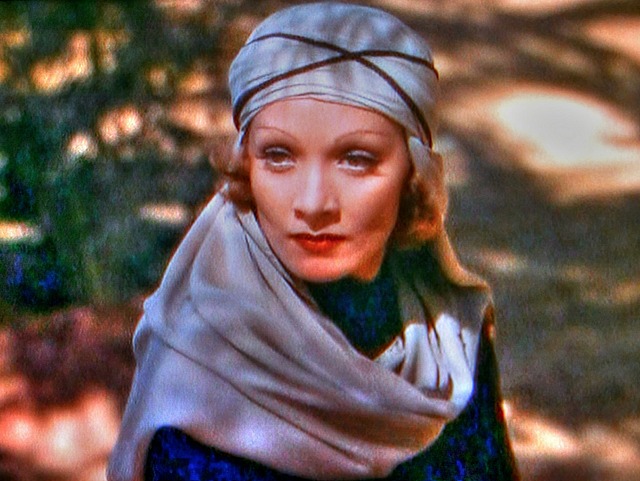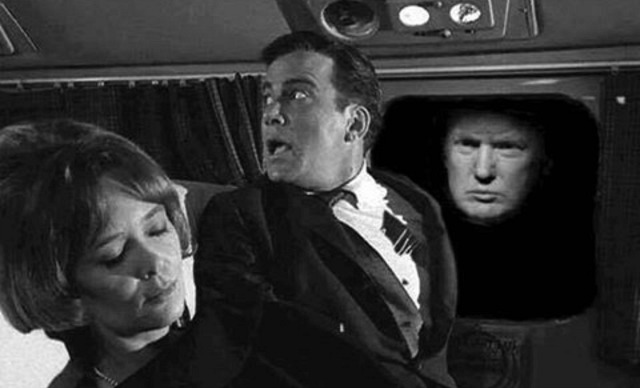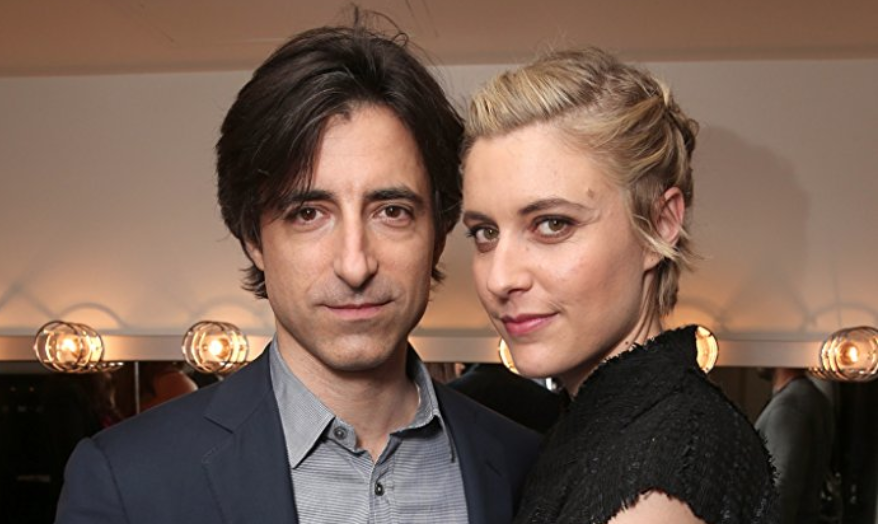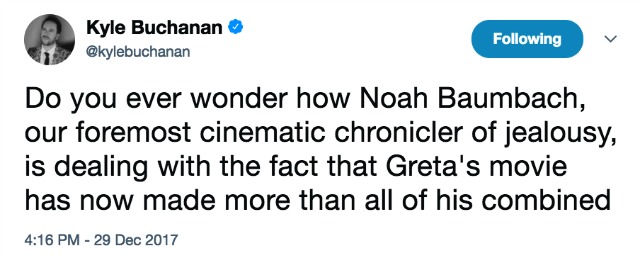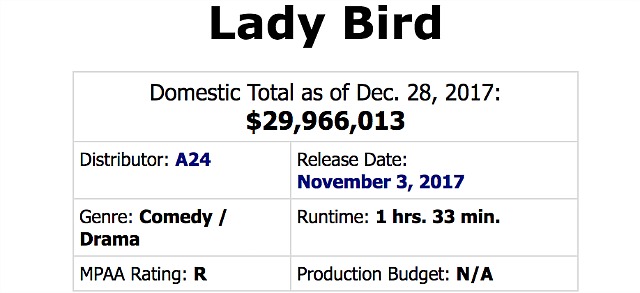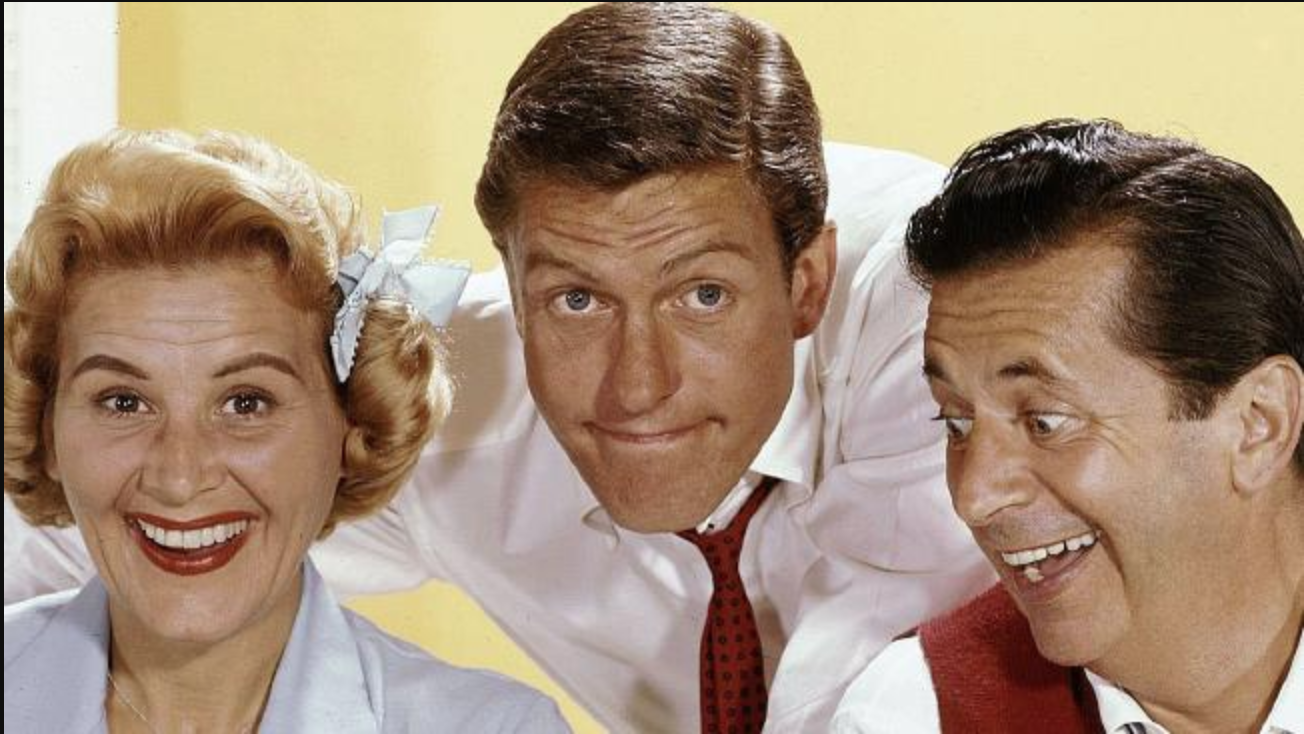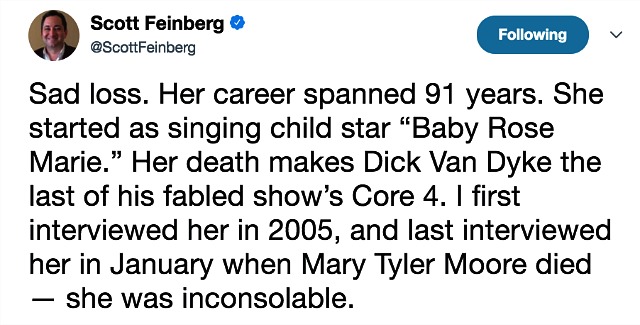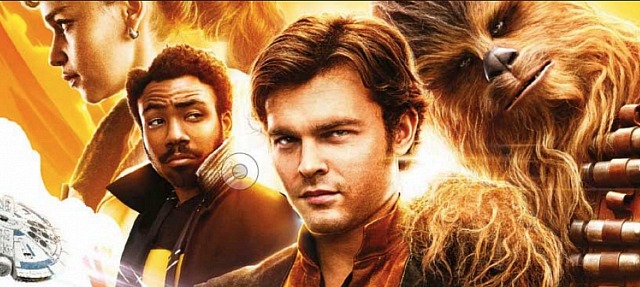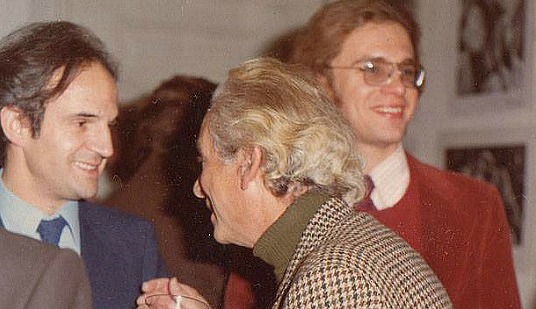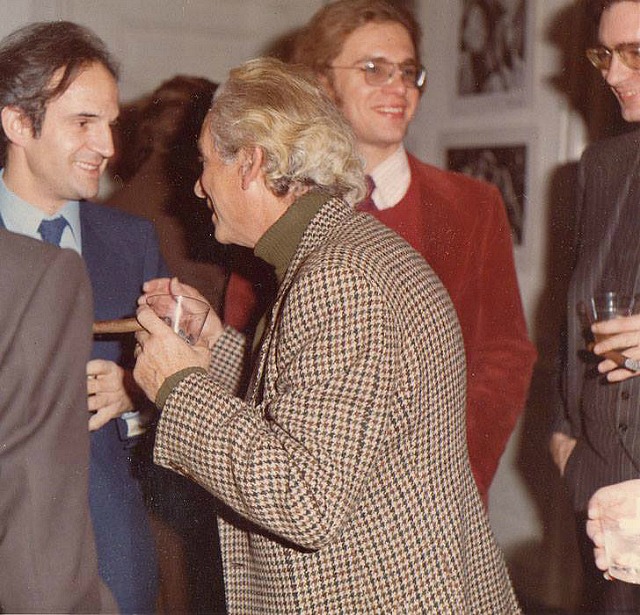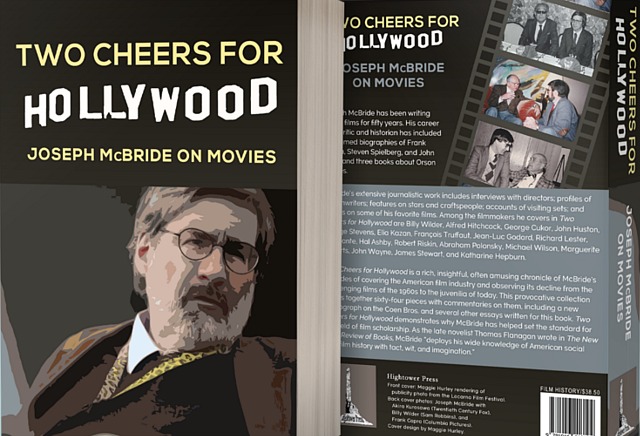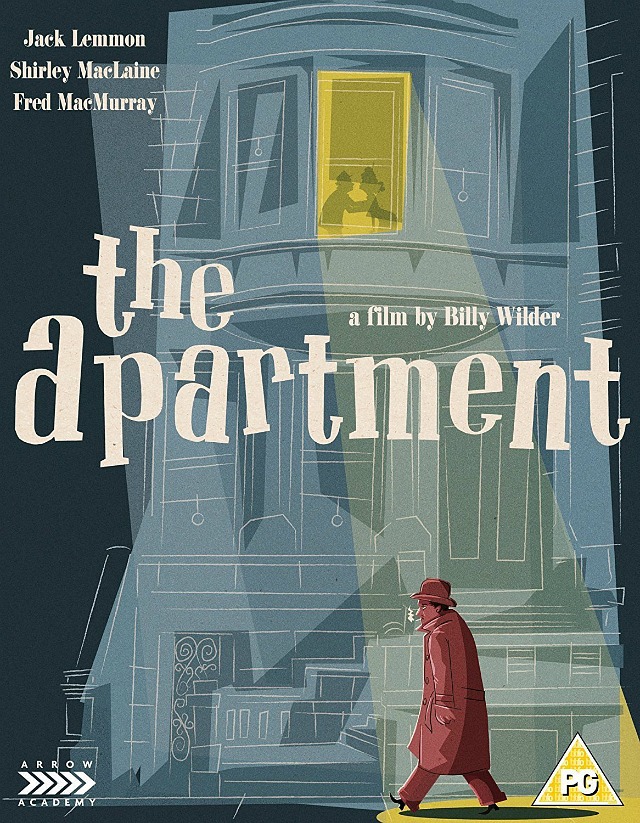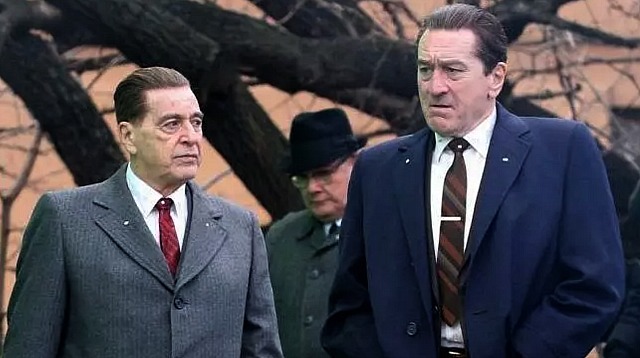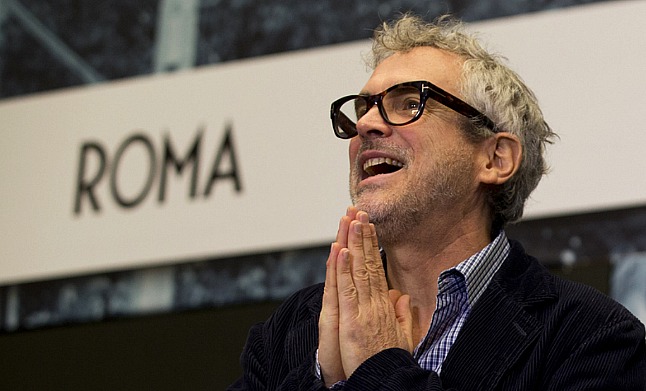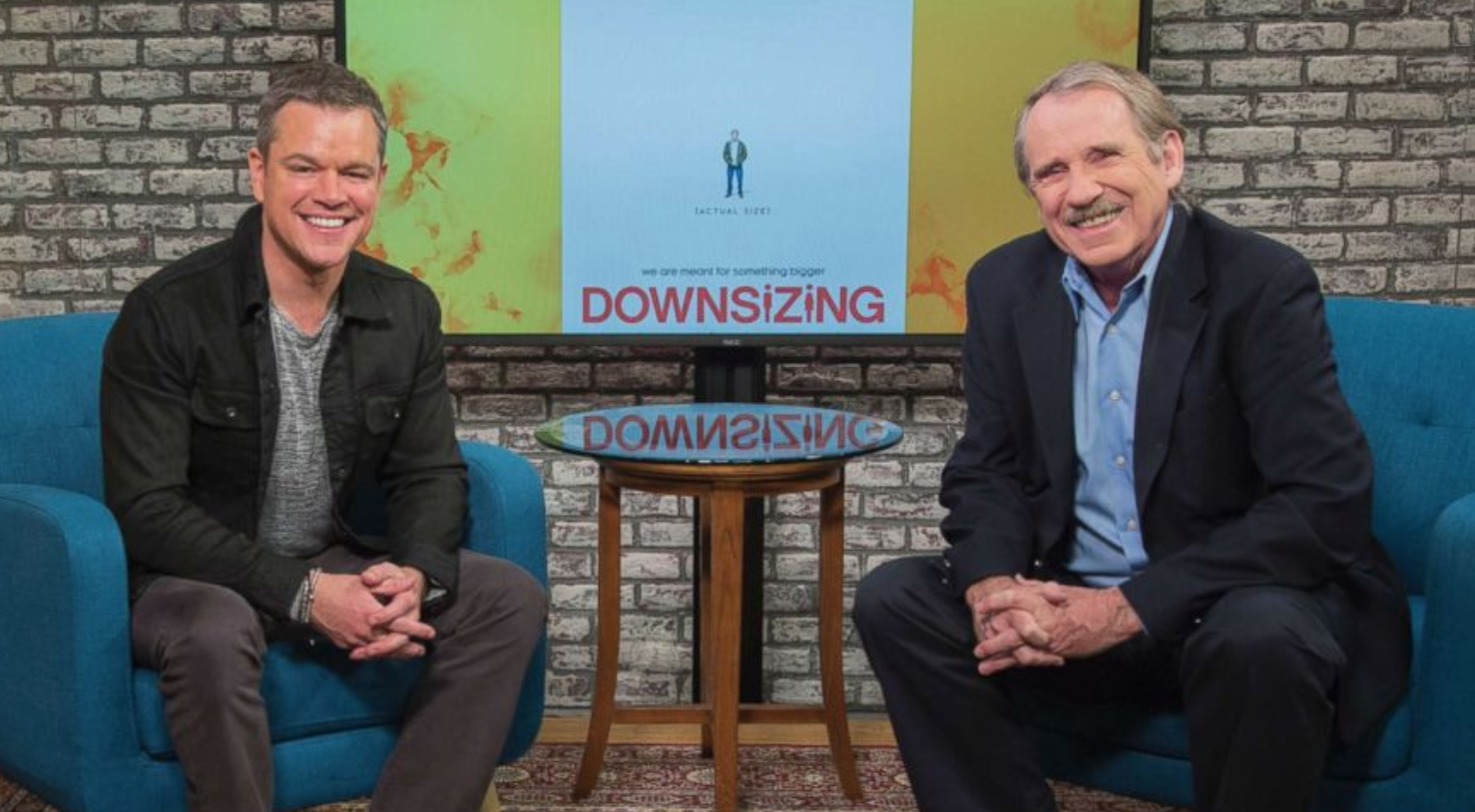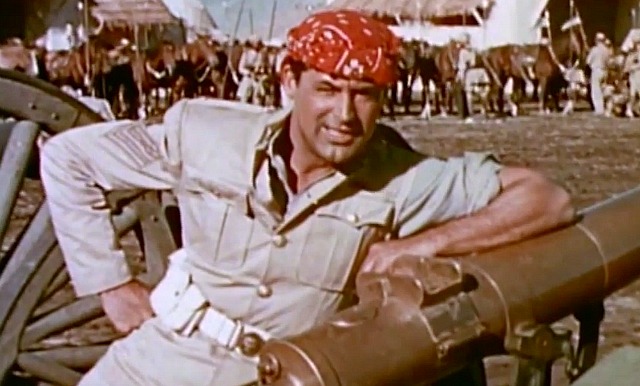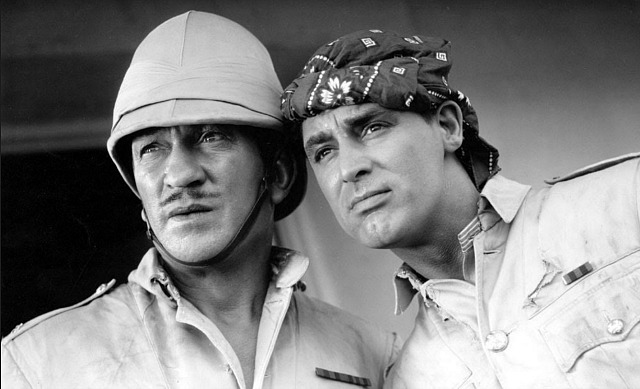Last night I tweeted that the “Get Out might win Best Picture” thing is a bizarre enthusiasm that seems to be about (a) extending the #OscarsSoWhite guilt complex by supporting a politically “woke” film, (b) industry POCs doing their usual identity-politics bonding and (c) GenX and Millenial coolios wanting to crown a horror-satire genre film for sheer perversity’s sake, largely because it doesn’t exude traditional Best Picture criteria.
I was inspired by a conversation between publicist Daniel Plainview (i.e., ClooneyDisciple), senior Indiewire critic David Ehrlich and Atlantic associate editor David Sims.
Plainview began by tweeting that “the only movies I think have a chance to win Best Picture in the order of likelihood (as of 12/30): 1. Get Out, 2. The Post, 3. Lady Bird, 4. Dunkirk, 5. Three Billboards.” Ehrlich: “I don’t think 3 billboards has a chance.” Sims: “It has a chance if the [Oscar noms] match the enthusiasm the guilds are showing for it. Like, if [Martin] McDonagh gets a directing nom and it gets 2 supporting actor slots? Look out.”
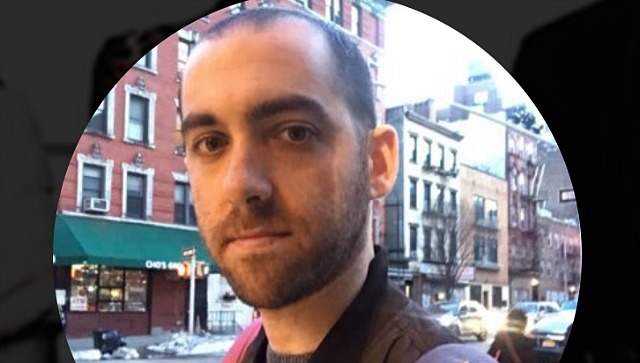
Twitter photo of Get Out devotee & propagandist “Clooney Disciple”
Then Ehrlich said, “I think it’s Get Out, The Post and Lady Bird, with Nolan winning for directing [Dunkirk].” And then Sims asked, “Where is this Get Out resurgence coming from? I say this as someone who predicted it a while back [but] this all just stinks of a wide-open race to me…I need the noms to help sort things out!”
And then Plainview laid his agenda on the kitchen table. “I think it’s still pretty wide open,” he told Sims, “but Get Out is (1) genuinely beloved, (2 & 3) a political choice AND a woke choice, (4) a hit, and (5) the rare movie to actually benefit from being released forever ago — it’s only gained momentum in the cultural conversation over last 10 months.”
What he meant by calling Jordan Peele‘s film “political” and “woke” is that the Academy needs to demonstrate for a second year in a row that #OscarsSoWhite mentality has been expunged and wiped clean. He meant that while 2017 was clearly owned by strong, stand-up women and the #MeToo pushback against sexually inappropriate behavior, renouncing #OscarsSoWhite is still paramount.


